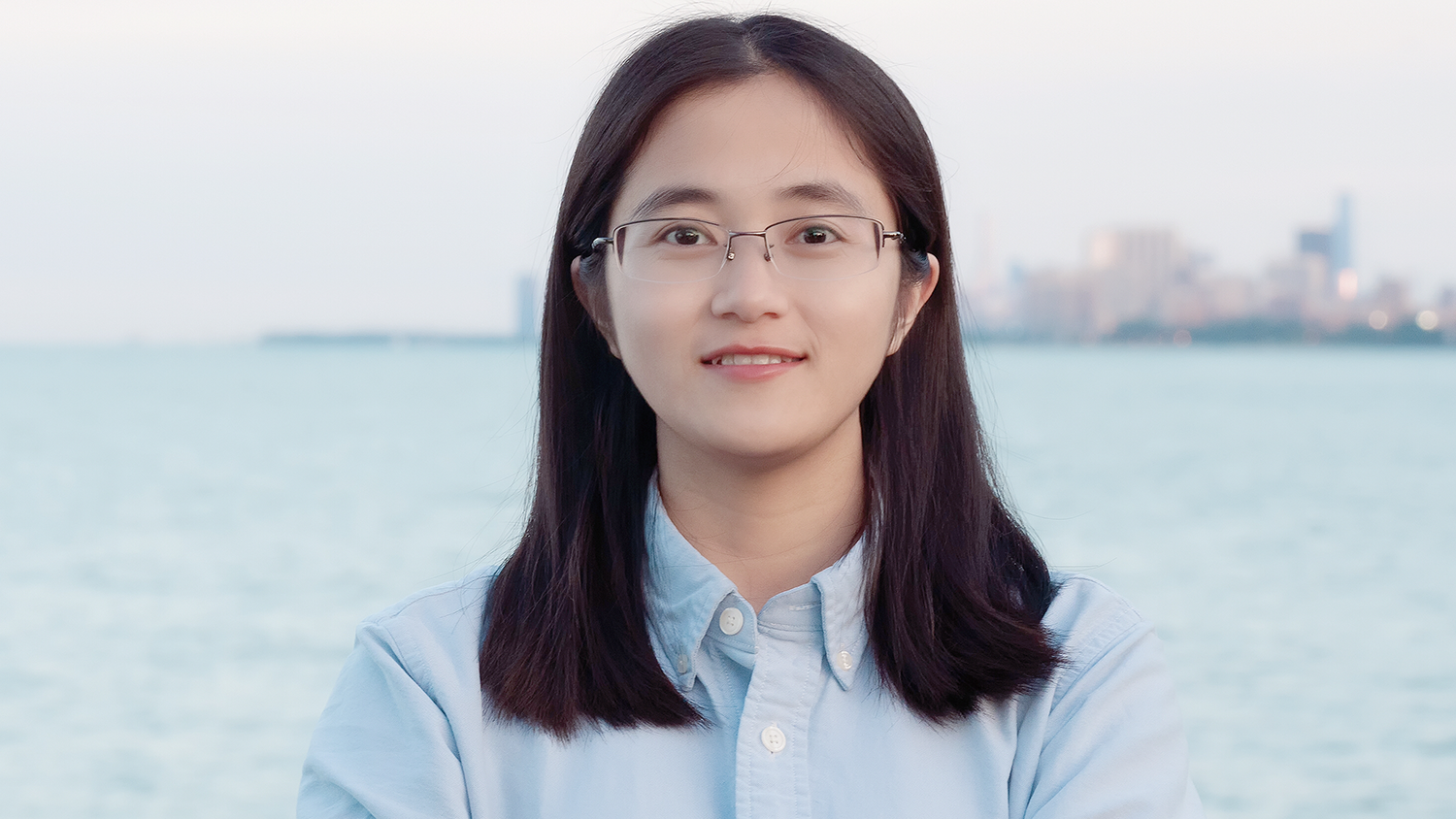Meet Shiyan Jiang: ‘Learning is a Curiosity-Driven Process’

This is part of a series of profiles about faculty who joined the NC State College of Education in 2019-20.
Why did you choose the NC State College of Education?
The NC State College of Education has innovative programs that bring together three areas I have an impact on: learning sciences, learning design and technology, and STEM education. In addition, I want to collaborate with its excellent faculty.
[spotlight-box label=”” img=”” heading=”Shiyan Jiang, Ph.D.” cta=”” url=””]
Title: Assistant Professor of Learning Design and Technology
Education: Ph.D. in Teaching and Learning (specialization in technology-enhanced STEM education), University of Miami; Online M.S. in Computer Science, Georgia Institute of Technology; B.S. in Educational Technology, East China Normal University
Experience: Post-Doctoral Associate, Language Technologies Institute, School of Computer Science, Carnegie Mellon University; Graduate Researcher, School of Education and Human Development; Research Intern, Information Sciences and Technology, Pennsylvania State University; Data Visualization Developer Intern, Sun-Sentinel; Research Intern, WISE, University of California, Berkeley; Research Intern, Concord Consortium
[/spotlight-box]
Why did you choose a career in education?
My initial motivation for choosing the field of learning technology stems from my high school learning experience. At that time, I was confused by abstract physics concepts. Things started to change after I was guided to use simulations to understand these concepts. I believe that technology-enhanced education provides students access to meaningful learning.
Why did you pursue a Ph.D.?
After implementing research projects in local K-12 schools as an undergraduate student, I became curious about the questions that needed to be explored in this field. Thus, I choose to pursue a Ph.D.
What are your research interests?
My research focuses on integrating digital literacy in STEM learning, which includes integrating multimodal composition in science learning and integrating storytelling with data visualizations in math learning. In addition, I design and study technology-enhanced learning environments to facilitate the development of disciplinary identities and engage early adolescents in career exploration. My research interests are built on my diverse experiences in interdisciplinary research groups.
What is your teaching philosophy?
I believe learning is a curiosity-driven process, and the central role of an instructor is to maintain students’ curiosity and motivate them to gain knowledge meaningfully and effectively. My goal as an instructor is to demonstrate to students how to collect and critically analyze information, make decisions about its accuracy and use the information in their real lives.
What do you hope your students learn from you?
I hope my students can learn from my diverse experiences in different fields, as the problems facing us today are interdisciplinary in nature.
- Categories:


